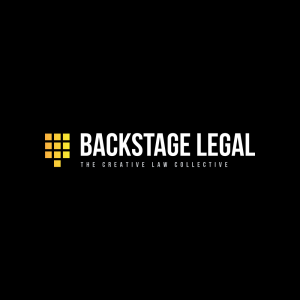
Megan Thee Stallion’s Record Label Dispute
Megan Thee Stallion, Grammy-winning rapper, has been making headlines lately for her ongoing legal record label dispute with 1501 Certified Entertainment. The dispute began in March 2020, when Stallion signed a management and recording contract with the label. The contract reportedly gave the label 60% of her recording income, along with a share of her merchandise and touring revenue.
However, in early 2021, Megan Thee Stallion filed a lawsuit against 1501 Certified Entertainment. The rapper claimed that the contract was “unconscionable“ and that the label was preventing her from releasing new music. The crux of the dispute was Stallion’s desire to renegotiate her contract, which she claims was not fair.
Issues Plaguing the Creative Industry
One of the underlying issues of Stallion’s record label dispute is the inequality, injustice, and unfairness prevalent in the creative industry. As an emerging artist, she was at a disadvantage when she signed the recording contract. She did not have the legal knowledge or bargaining power to negotiate better terms. Thus, she ended up signing a contract that gave the label a disproportionate share of her income.
Lack of Transparency: “Opaque” Contracts
This problem is not unique to Megan Thee Stallion. Many recording contracts are highly complex, containing clauses that are not in the artist’s best interest. The music industry is notorious for taking advantage of new artists. It exploits their lack of resources to fully understand the terms and conditions before signing. As a result, artists often end up stuck in contracts that are unfair and opaque.
Power Imbalance Between Record Labels and Artists
Another issue raised by Stallion’s dispute with 1501 Certified Entertainment is the imbalance of power between labels and artists. Record labels often have significant control over an artist’s career. This includes the right to dictate what music they release and how they market it. This can often lead to conflicts between labels and artists. Particularly so when artists wish to release new music or negotiate better terms.
In Megan Thee Stallion’s case, the label is accused of using “deceptive practices” to keep her under their control. Such practices include preventing her from releasing new music and using her funds to become “judgement proof“ in the legal battle. This raises questions about the legal obligations of record labels towards their artists. The lingering question, though, remains whether labels have a duty to act in good faith towards artists.
The need for Greater Legal Protections for Artists and Transparent Recording Contracts
Countries like the Netherlands have made progress in tackling the inequalities and unfairness that continue to plague the creative industry. While that is true, there is still much work to be done. The music industry is evolving rapidly. It is thus important for the rest of the world to follow suit and address these issues. Laws and policies need to be introduced that give artists greater control over their work and income. Such laws hold the power to ensure fair and transparent treatment of all parties involved in the creative process. Only then can we hope to create a truly equitable and just music industry.
Lessons Learned and Call to Action for a Fair and Equitable Music Industry
The ongoing record label dispute between Megan Thee Stallion and 1501 Certified Entertainment highlights the need for artists to be cautious when signing recording contracts. They must pay special attention to fully understanding the terms and conditions before signing. It is important for artists to seek legal advice before entering into recording contracts. This way, they can avoid entering into unfair and disadvantageous agreements.
Conclusion
In conclusion, Megan Thee Stallion’s dispute with her record label is a cautionary tale for artists in the music industry. The case underscores the need for recording contracts to be fair and transparent. It emphasizes artists’ imperative need to have a greater say in their own careers. The music industry needs to adopt laws that promote transparency and fairness. This is perhaps the only way to ensure artists are not taken advantage of and their rights and interests are protected.


0 Comments Leave a comment